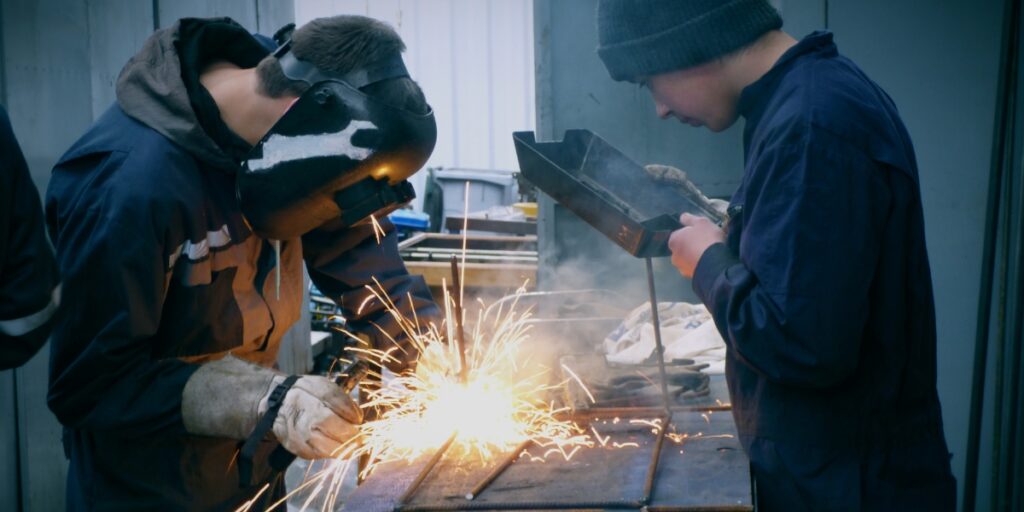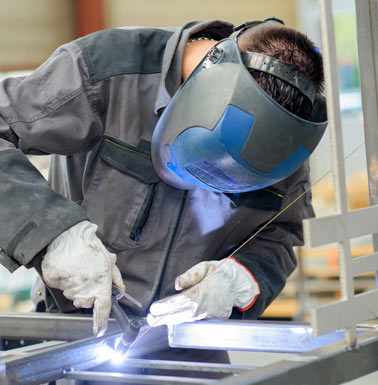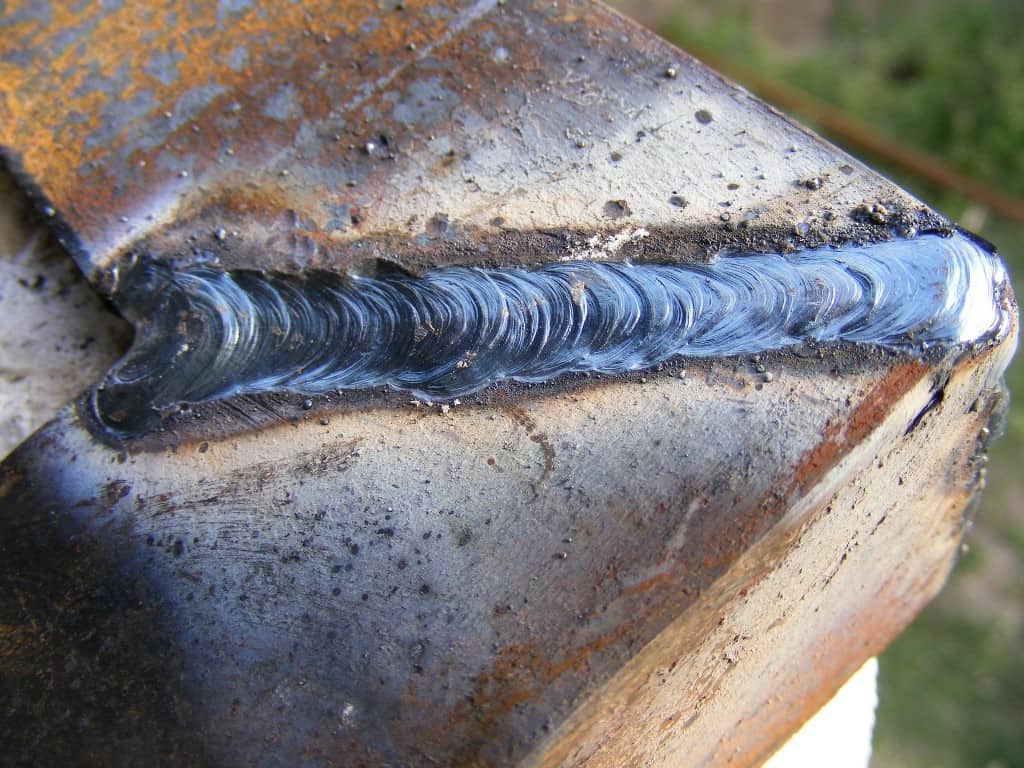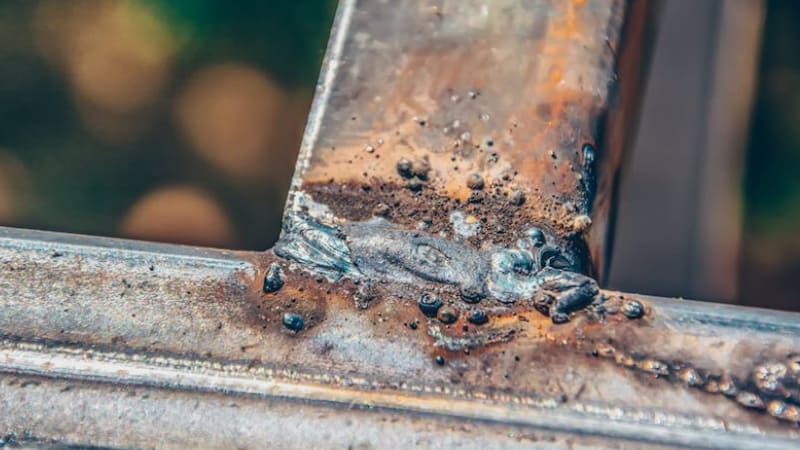
Expert Interviews: Lessons Learned from Master Welders
Introduction
Welding is more than just a trade; it's an art form that combines precision, technique, and creativity. In this comprehensive exploration titled "Expert Interviews: Lessons Learned from Master Welders," we take you behind the scenes of the welding industry to uncover valuable insights from seasoned experts. These master welders have honed their skills over decades, experiencing the evolution of welding techniques and technology firsthand. Their stories provide not only inspiration but also practical advice for aspiring welders and industry professionals alike.
In this article, we'll delve into various aspects of welding including residential welding, commercial welding, auto welding repair, custom welding, and much more. Whether you're a novice or a veteran in the field, there's something here for everyone.

What is Welding? Understanding the Basics
Welding is the process of joining materials, usually metals or thermoplastics, through the application of heat and pressure. The key types of welding include:
- MIG Welding: Uses a consumable wire electrode and an inert gas shield.
- TIG Welding: Utilizes a non-consumable tungsten electrode.
- Arc Welding: Employs an electric arc to melt metals.
- Plasma Cutting: Involves cutting through metals using a high-velocity jet of ionized gas.
The Importance of Welding in Various Industries
Welding plays a crucial role in numerous industries including construction, automotive, aerospace, and manufacturing. It allows for:
Expert Interviews: Lessons Learned from Master Welders
In our expert interviews with master welders, we uncovered tales filled with lessons learned over years of experience. Each welder shared unique stories about their journey in mastering various techniques like MIG and TIG welding while also discussing their involvement in community projects.
Techniques and Tips from Master Welders
Many seasoned professionals emphasized the significance of mastering different techniques based on project requirements:
- MIG Welding: Ideal for beginners due to its ease of use.
- TIG Welding: Offers higher precision for intricate work.
They also highlighted the importance of understanding metal properties before embarking on any project.
Residential Welding vs Commercial Welding
When it comes to choosing between residential and commercial welding, several factors come into play.


Understanding Residential Welding
Residential welding typically involves smaller projects such as home repairs or custom furniture fabrication. Here are some key points:
Exploring Commercial Welding
On the other hand, commercial welding focuses on larger-scale projects:
Common Types of Auto Welding Repair Techniques
Auto welding repair is essential for maintaining vehicles' structural integrity. Here’s how it works:
Understanding Auto Body Repairs
Auto body repairs often require precise techniques like spot welding or seam sealing to ensure safety and durability in repairs.
Popular Methods Include:
- Spot Welding: Commonly used for thin sheet metals.
- MIG Welding: Often preferred due to speed and efficiency.
Custom Welding Projects That Inspire Creativity
Custom welding projects offer artisans a chance to express their creativity while showcasing their skills.
Examples of Unique Designs
These projects often require innovative approaches to design and execution.
Welding Certifications Explained
Obtaining certifications can significantly enhance your career prospects in welding. Here's what you need to know:
Types of Certifications Available
Certifications serve as benchmarks that validate your skills and knowledge within the industry.
Importance of Community Involvement in Welding
Master welders often emphasize giving back to their communities through workshops or mentorship programs.
Benefits Include:
- Skill Development: Teaching young individuals valuable skills.
- Networking Opportunities: Building connections within the community enhances professional growth.
Welding Regulations Every Welder Should Know
Understanding local regulations is crucial for compliance and safety in any welding operation:
Key Regulations Include:
Knowing these regulations helps prevent legal issues down the line while ensuring safe practices are followed consistently.
The Importance of Welding Inspections
Regular inspections are vital for maintaining quality standards within any project involving welded joints:
Inspection Techniques
Inspections not only catch defects early but also ensure longevity in weld integrity.
FAQs about Expert Interviews with Master Welders
1. What qualifications do I need to become a master welder?
To become a master welder typically requires extensive training combined with years of hands-on experience along with relevant certifications such as AWS Certified Welder or CWI certification.
2. How important are safety precautions when welding?
Safety is paramount due to potential hazards associated with high temperatures and toxic fumes produced during processes like MIG or TIG welding; therefore proper PPE must always be worn including gloves, helmets, and protective clothing!
3. What types of projects can I undertake as a beginner welder?
Beginners may start with smaller residential projects such as furniture creation or simple repairs before progressing onto more complex commercial jobs!
4. How do advancements in technology affect modern-day welders?
Technological advancements have revolutionized equipment efficiency leading towards greater precision capabilities which ultimately contribute towards improved output productivity levels across various sectors!
5. Are there specific tips for maintaining weld quality?
Maintaining consistent power supply settings along ensuring cleanliness across surfaces being joined can greatly influence overall end-results—this includes preventing contaminants entering joint areas before commencing work!
6.Can I pursue artistic endeavors through custom-welded pieces?
Absolutely! Many skilled artisans utilize techniques learned throughout traditional training while incorporating innovative designs into sculpture-making processes—this merge between artistry & craftsmanship opens up endless possibilities creatively speaking!
Conclusion
In conclusion, our exploration titled "Expert Interviews: Lessons Learned from Master Welders" has showcased invaluable lessons from seasoned professionals who have dedicated their lives to mastering this intricate trade skillfully over time & sharing those insights further enriches both current practitioners & newcomers alike!
By blending technical expertise with creative expression—welding stands at an intersection where artistry meets functionality—a testament proving its significance across multiple industries today!
Embracing continuous learning alongside community engagement serves as essential pillars toward achieving long-term success within this dynamic field—so whether you're diving into residential projects or tackling large-scale commercial endeavors—the journey continues onward fueled by passion & innovation!